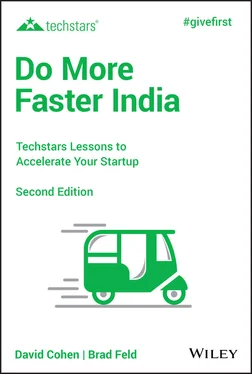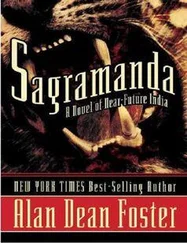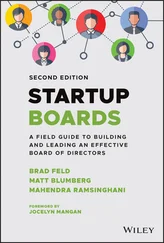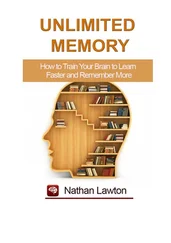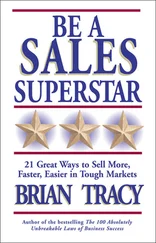1 ...7 8 9 11 12 13 ...16 David Cohen
David is the cofounder and Managing Partner of Techstars.
Startups do almost everything at a disadvantage. Initially, most startups have less money than their competitors. They have less credibility and fewer customers. They have fewer employees, which means there are fewer people focused on marketing, sales, and product development. Resources are scarce at a startup.
But, as in the martial arts, the best startups use the weight of their opponents to compete more effectively. Bureaucracy slows down larger companies. People do less in larger companies because making a mistake can be politically costly. Risk takers who are wrong get fired or lose power internally. The larger the company, the more likely it is to be slow and fraught with internal politics.
If there’s one competitive advantage that most startups have, it’s that they can do more faster. And because they can do more faster, they can learn more faster. Startups can immediately throw things away that don’t work, because no one cares, anyway. Nobody is trying to protect a brand that doesn’t exist, and there isn’t any reason to be afraid of small failures. Startups know that that’s just part of the process.
If you ask CEOs of major companies what they’re most worried about, one common answer is, “a couple of people in a garage somewhere.” Why would a major company be worried about that? Because their larger and more established competitors have too much to lose to try something radically different. There’s too much at stake for these large companies to try to blow up the market to disrupt the existing players. Relatively speaking, startups have nothing to lose and everything to gain by trying radical or nonobvious things. Larger companies are often baffled at just how much a startup can get done—and it scares them.
One of the things we talk with startups at Techstars about is that they have to do more faster. This doesn’t mean doing random stuff—they still have to be thoughtful. But if they’re not hyperproductive as small, nimble companies, then they’re fighting from a real disadvantage. There is no advantage to being a startup if you can’t do more faster. I’m such a big believer in this that I originally named my own first angel fund Bullet Time Ventures. It’s named after the move from the movie The Matrix , where Neo is so fast that he can easily dodge bullets. To him, his enemies move in slow motion, so he has an obvious advantage over them that can make all the difference in the virtual world he lives in. The same is true in the startup world.
When Occipital was in Techstars in 2008, they were faster than a speeding bullet. As a visual search company, they tried several products before having a runaway hit with RedLaser. All of their products were interesting, but what really paid off for Occipital was their ability to try their ideas quickly and throw away what didn’t work while focusing on what did work. RedLaser was actually the fourth product Occipital worked on over a six-month time frame. On the surface, this may sound disorganized and random, but Jeff Powers and Vikas Reddy were deliberate about assessing progress at every step and vigilant about throwing away ideas and prototypes that didn’t work.
There are multiple examples of Techstars companies that learned to do more faster. Next Big Sound built an incredibly beautiful and functional product in under three months. SendGrid figured out how to scale their email delivery infrastructure to 20 million emails a day in under a year. Oneforty rallied a community of thousands of Twitter application developers in just a few months. Intense Debate went from concept to being installed on hundreds of blogs in the course of a single summer. Companies that work seem to move at lightning speed. By contrast, the ones that don’t seem to always be talking about releases and features that are coming “in a few months.” How do the fast companies do it? They focus on what matters and make massive progress in the areas that actually have an impact.
At Techstars and as an investor, I’ve been involved with startups that couldn’t do more faster. They were just as slow to execute as larger competitors. They employed too much process too early, tried to convince themselves that they were absolutely right before taking risks, and thought too long at the expense of getting things done. Their great ideas couldn’t save them. It turns out that giving up your one obvious competitive advantage often proves to be deadly. If a startup can’t do more faster, it usually just gets dead faster.
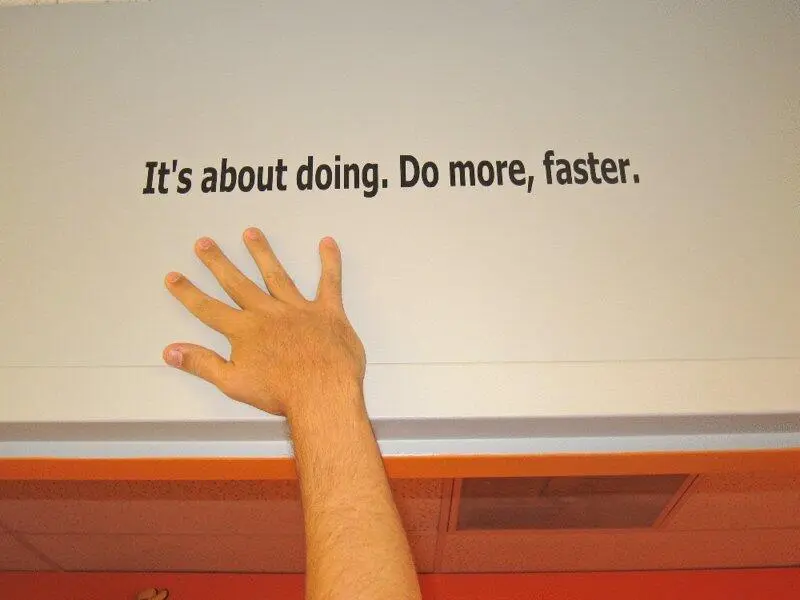
The view leaving David Cohen’s office at the Techstars Bunker. The founders will often jump up to slap the phrase on the way out after a meeting.
Chapter 2 Do or Do Not; There Is No Try
Brad Feld
Brad is a partner at Foundry Group and one of the cofounders of Techstars.
When I grow up I want to be like Yoda (except for the short green part). Until then, I’ll just do my best to incorporate his philosophy into my life, summarized in the following:
$DO | ! $DO; try
Try: command not found
I’ve always found this Yoda quote to epitomize how I try to live my life. Ever since I was a little kid, I never really understood what “try” meant. There were lots of things I did and lots of things I failed at. However, even when I failed, I viewed myself as having “done it,” even if I wasn’t successful. When I wanted to master something, I did it a lot. I didn’t try to do it—I did it and accepted the failure along with the success.
Throughout the years I have heard many people say, “You should try this,” or “You should try that.” Sometimes it was trivial (for example, “You should try foie gras.”—yuck, I’m a vegetarian); other times, it was complex (“You should try to learn how to play the piano”). My parents taught me early on that “No” or “I’m not interested” was an acceptable answer to the “you should” directive, so I was rarely intimidated when faced with something new. I also started to understand the difference between preference (for example, try foie gras and see if you like it) and accomplishment (try to learn how to play the piano). I realized preference was unimportant in the context of accomplishment, but the inverse mattered—namely, that accomplishment was important in the context of preference. Specifically, you could accomplish a wide range of things whether you preferred them or not, but when you tried to accomplish that thing (playing the piano), it mattered a lot whether you preferred it. Prefer the guitar over the piano? You’ll probably never be accomplished at the piano.
Now, ponder the phrase “You should try entrepreneurship.” What exactly does that really mean? Then there’s “You should try to start a company.” Or “You should try to build a product.” Or even “You should try to sell something to someone.” Try? Really? If you prefer entrepreneurship, or think you have a preference for entrepreneurship, just go for it. You might fail—but that’s okay and is part of the process. If you start a company that ultimately fails, you are still an entrepreneur. And your next step should be to go start another company.
If you don’t have a preference for entrepreneurship (or—more specifically—entrepreneurship doesn’t interest you), you have no business creating a company in the first place. Starting a company is extremely difficult and requires commitment on many levels. Ultimately, you don’t really “try to start a company”—you either do it or you don’t.
Читать дальше
